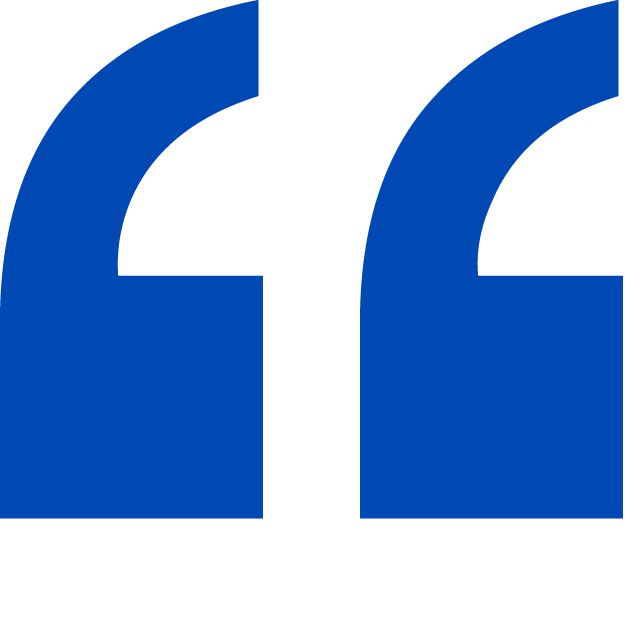Back in 1760, the Industrial Revolution marked the beginning of the Industrial Age. Fast forward to the 1950s-1970s and the Digital Revolution kickstarted the period we’re currently in, known as the Information Age, Digital Age, Computer Age or New Media Age.
We’re experiencing first-hand an exciting time where traditional industry has been replaced by a continually evolving digital, knowledge-based industry.
New technologies, device and software applications are conceived, developed and launched on a daily basis.
In the UK today, 90% of households are connected to the internet and 86% of adults use it daily. And according to recent research, 85% of Brits own a smartphone and 78% have a laptop. Schools are now educating our children using the latest gadgets, with technology used for an estimated 58% of learning time. And 84% of UK businesses have internet access, with 82% of micro-enterprises (0 to 9 employees) being online.
This improvement in technology and internet connectivity means that many things which were previously unattainable for smaller businesses, including Direct Debit, have become affordable, easily accessible and part of everyday business life.
Here we detail why Direct Debit is now the best option for small businesses and start-ups to collect recurring payments from customers.
Direct Debit Options for Small Business

Bacs first launched Direct Debit in 1968. At the time it was only used by large businesses that could afford the service and have the means to employ dedicated staff to manage it.
However, evolving technology and software upgrades over the years have enabled Direct Debit to become available for all businesses, from one employee upwards.
There are currently two methods that businesses can use to access the Direct Debit scheme: as a Direct Submitter and as an Indirect Submitter. (There’s more information about the two access types in this article: How to Set Up a Direct Debit and Manage It Long-term)
Direct Submitters access the Bacs-approved Direct Debit software directly and manage all the processes in-house. These are usually large organisations that handle a huge volume of Direct Debits. Direct Submitters must be approved by their bank as well as by Bacs.
Indirect Submitters are predominantly SMEs or micro-enterprises that employ a Bacs-approved bureaux to handle the process on their behalf. This is more affordable than paying for expensive software and employing and training dedicated staff members to manage the Direct Debit process.
Outsource Quickly and Cheaply to a Specialist Third Party
There are now numerous third-party providers that specialise in setting up Direct Debit for small business clients so they can access the scheme as Indirect Submitters.
These providers offer affordable Direct Debit services. There are two different kinds of service:
- Bureau service – for those who have a Service User Number (SUN) from their bank
- Managed service – for those who don’t have a SUN and want to use a SUN supplied by the provider
The differences between the services are explained in more detail here, however approximate costs for the FastPay Bureau Service start at 3p per Direct Debit (based on volume) with a small one-off set-up fee. The set-up charge for the FastPay Managed Service is from £175, with a charge of 10-50p per Direct Debit (based on volume).
Historically, Direct Debit took a long time to organise. But with the advent of new technology, your Direct Debit scheme could be up and running within 24 hours. It’s a stress-free and straightforward procedure. In addition, many Direct Debit providers supply all the relevant documentation you could need, including letters and online forms, to move your customers easily onto Direct Debit payments.
In terms of providers, there are several Direct Debit options for small business requirements, so do your research to find a company that best suits your needs.
Cuts Down on Financial Administration
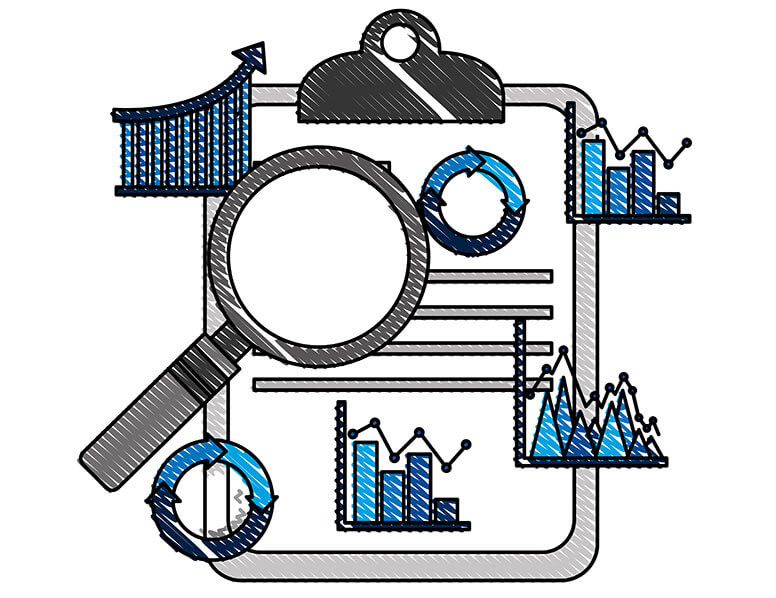
In the Information Age, setting up a Direct Debit scheme is both easy and affordable for smaller organisations. There are also many other benefits: switch your payment collections to Direct Debit for small business productivity acceleration.
Using Direct Debit cuts down on your financial admin by eliminating billing paperwork, customer communications such as emails and phone calls, and manually keying in data every payment cycle.
Once a Direct Debit is set up with your customer it needs minimal administration. The pre-agreed payment amount is collected at a pre-agreed time, which could be weekly, monthly or at a relevant time period.
Reduces Time Spent Chasing Invoices
Continually chasing clients for late or unpaid invoices involves endless time on the phone, sending emails, or posting letters. Often a client has simply forgotten to pay or accidentally transferred an incorrect amount.
This administration time can be reduced by moving clients onto Direct Debit payments. The automated system isn’t only beneficial for you, but also for your customers. Often, they lead busy lives and setting up a recurring payment that they don’t have to put any effort into maintaining is the most convenient option.
The time saved by not having to chase invoices can be put to better use in business growth activities or marketing campaigns to promote and grow your business.
Improves Cash Flow
 Direct Debit for small business owners is the best choice if you’re suffering from cash flow issues.
Direct Debit for small business owners is the best choice if you’re suffering from cash flow issues.
Direct Debit means that payments are collected on a specific date so you know precisely when money will be hitting your bank account.
And not only will you know when money is coming in, you’ll also know an estimated total amount. This allows you to forward plan your spending, keep a close eye on budgets and ensure that you have plenty of funds in the bank to be able to pay suppliers and staff.
You can read more about how Direct Debit helps to improve cash flow in our article The Direct Debit Mandate: A Guide to Securing Your Cash Flow
Decreases Office and Staff Costs
Direct Debit takes full advantage of the digital age. It’s a fully automated, online system that decreases the need for stationery and postage as well as reducing telephone bills.
By switching to Direct Debit payments, you might find that your financial and admin staff requirements are decreased, enabling you to merge roles or evolve a full-time job into a part-time position.
Guarantees Safety and Security
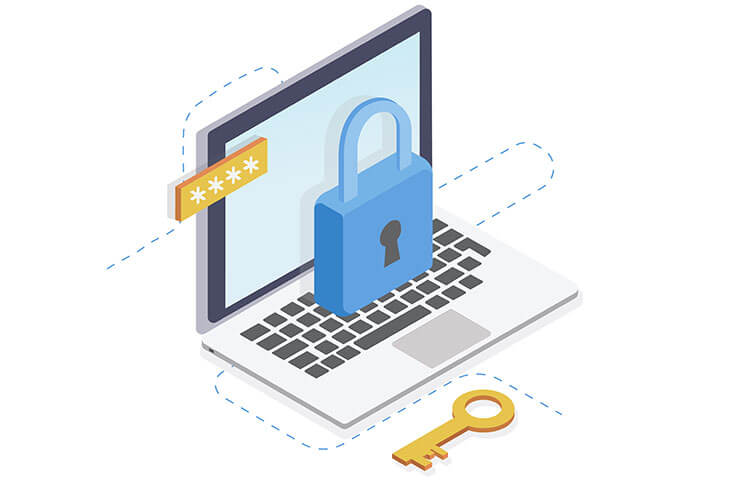
The Direct Debit scheme is run by Bacs. Organisations using Direct Debit go through a thorough vetting procedure before they are authorised to collect them.
Every Direct Debit is protected by the Direct Debit Guarantee. If there’s an error in the collection of one of your customers’ Direct Debits, the guarantee means that the customer is entitled to a full and immediate refund of the amount.
Bacs is also monitored by the UK banking industry and uses the latest in security measures to keep the system running smoothly and with minimal risk of cybercrime.
Scales Up and Down Easily
As a small business, you probably have big ambitions. These ambitions might be realised rapidly. Collecting payments by Direct Debit can be scaled up at the same pace as you’re growing.
You can set up your Direct Debit scheme with just one or two clients collecting monthly payments. Using a specialist third party provider as an Indirect Submitter means you can simply let the provider know by sending the appropriate documentation for any new Direct Debit and then leave it to them to set up the payment collection.
And if some of your customers move on, you can quickly and easily cancel Direct Debits with minimal hassle. Direct Debit can expand and contract as you do.
Links to Your Accounting Software
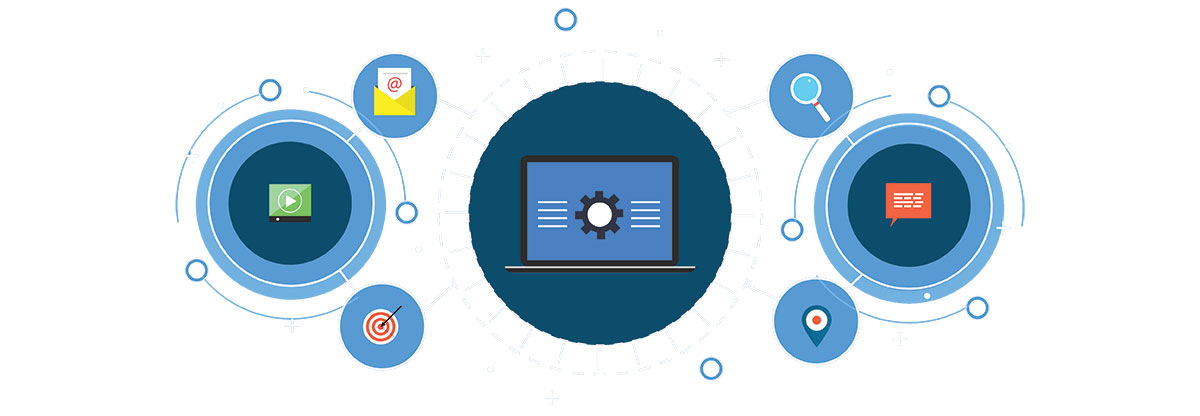 There is a myriad of different solutions for every kind of business need. And now, there are many applications that enable different software to ‘talk’ to one another to make processes run effectively from A to Z.
There is a myriad of different solutions for every kind of business need. And now, there are many applications that enable different software to ‘talk’ to one another to make processes run effectively from A to Z.
As a small business, probably one of the first things that you arranged was accounting software to keep track of your income and outgoings. Many Direct Debit providers offer easy-to-set up integrations, linking their Direct Debit system to accountancy software, for example Xero, so that it immediately tracks payments.
This automation is efficient, accurate and convenient, helping to reduce time spent on financial admin and human error from inputting data.
Direct Debit Is Your New Best Option
As a small business owner, you want to focus your attention on growth and productivity. Automating processes, connecting different software so that it works seamlessly and using the latest technology should be your number one priority. And now, with the many Direct Debit options for small business, you can find a provider that perfectly suits your needs.
If you’re still collecting customers’ payments using cash, cheque, taking card details over the phone or waiting for bank transfers, then you could be one step behind your competitors.
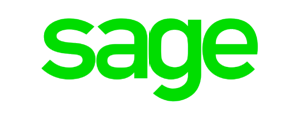
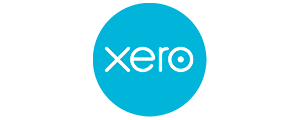
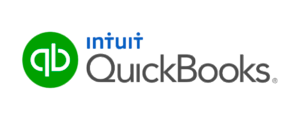

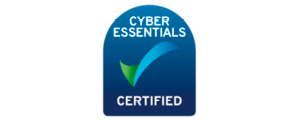

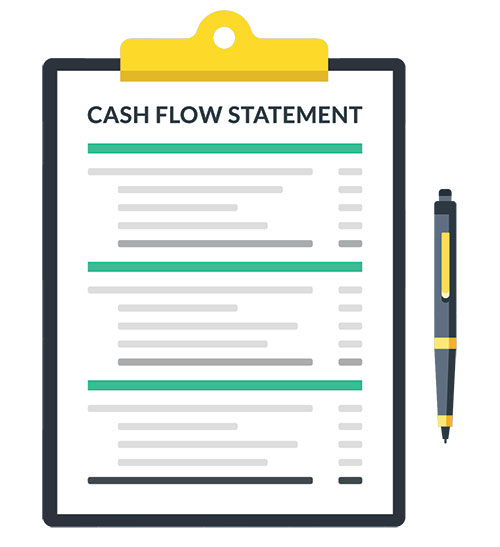 Direct Debit for small business owners is the best choice if you’re suffering from cash flow issues.
Direct Debit for small business owners is the best choice if you’re suffering from cash flow issues.


